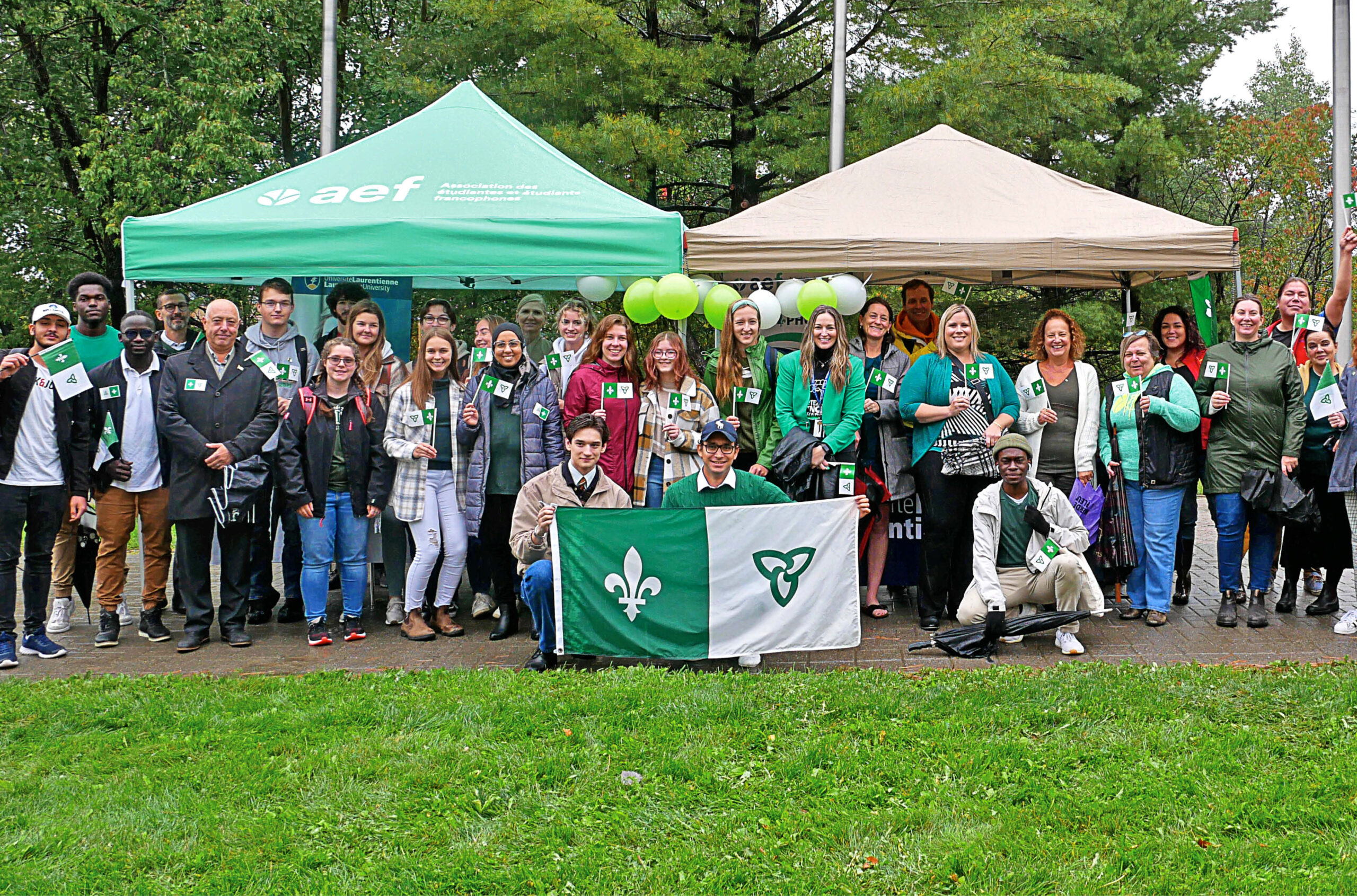How student clubs test the boundaries of campus civil society
In deciding what constitutes a campus club, student unions are called upon to set limits on shared resources while still respecting the procedural rights of all.

This past November, members of two student clubs – Herut Zionist and Students Against Israeli Apartheid – physically clashed at York University. The dispute reminds us of just how important campus club status is and how much care and attention universities and student unions should put into their club systems. Indeed, the Herut Zionist club only got club status a few weeks beforehand after a reversal of the student union’s initial denial, apparently given without stated reasons. The reason for the reversal appears to have been pressure from an external freedom of information request to the university, which goes to show that the interest in this question extends beyond campuses.
Student clubs are ubiquitous on university campuses, and although regular data is not kept, research conducted in 2014 indicates there were just under 7,500 of them across Canada. Official status as a campus club is usually assigned by a student union, the university, a faculty or college, or some mix of all three. Club status brings with it enviable perks, including access to university spaces, which would otherwise be expensive to rent. Perhaps most importantly, it gives a sense that the aims of the club have a place at the university.
Read also: Campus clubs offer a profound learning experience outside the classroom
This means, even if most students never join the club, they are at least not so opposed to the aims of the club that they would deny them access to the collective resources of the student body. Most clubs will do their work – raising funds and bringing students together – without anyone ever raising a question about it. However, student unions and universities do draw lines somewhere, whether stated or unstated, and these limits are not always applied clearly and consistently. Consequently, when controversial groups apply for club status, it forces universities and student unions to reconsider, make explicit or reiterate those limits.
Whether these applicants gain club status or not, the process seems to prevent any sort of consensus from emerging. The resulting controversy galvanizes supporters and opponents on and off campus, and generates heated discussions about freedom of speech and association, and anti-oppression. All of this follows a well-worn and highly ritualized pattern. Indeed, in an odd way we have managed to institutionalize the very dysfunction of campus club systems.
So, besides increasing security at events, what can universities and student unions do about it? From a legal perspective, until recently it appeared like they could do almost anything they wanted. Once denied club status or access to campus facilities, student clubs, most notably pro-life clubs, have taken their grievances to court and human rights tribunals on several occasions. And each time the court sent a pretty consistent message: campus club status is a privilege and it is up to the discretion of the student union or university to set whatever policy it wants. However, once it does, it needs to follow that policy. This trend may be changing, however.
On January 6, the Alberta Court of Appeal in the case UAlberta Pro-Life v University of Alberta said the Charter of Rights and Freedoms does apply to universities when they are making decisions about the use of space on campus by recognized student groups. As such, the onus is on the university to show a stringent justification for limiting the free speech of students. As part of this justification, the university must be neutral but is entitled to consider the security and disturbance of others in the university community.
How should universities and student unions move forward? It seems to me that there is no policy position a university or student union could take that would resolve the underlying conflicts involved in these repeated confrontations. However, universities could draw on staff with considerable administrative and governance experience to provide mentorship and training to members of student unions in developing and administering clear, neutral and procedurally fair policies. Going forward, these procedures may need to demonstrate that the university grappled with Charter issues in arriving at its conclusion.
Having observed student union decision-making, I can say that even if one agrees with any particular result, the absence of clear guidelines from the beginning makes room for needlessly heated, draining and drawn-out debates over discretionary decisions. This gives students the feeling, rightly or wrongly, that they are being treated unfairly and in an ad hoc manner.
Ultimately, campus clubs offer a microcosm of civil society more broadly, and therefore offer students opportunities to develop vital civic skills. Few civic skills are more important than being able to manage intractable conflicts and set limits on shared resources while still respecting the procedural rights of all.
Benjamin Miller is a student in the combined JD and Masters in Public Policy program at the University of Toronto. His work on campus clubs has been published in University Affairs, The Philanthropist and Policy Options. He formally ran the blog and online course website the Campus Club Network.
Featured Jobs
- Business – Lecturer or Assistant Professor, 2-year term (Strategic Management) McMaster University
- Canada Excellence Research Chair in Computational Social Science, AI, and Democracy (Associate or Full Professor)McGill University
- Veterinary Medicine - Faculty Position (Large Animal Internal Medicine) University of Saskatchewan
- Education - (2) Assistant or Associate Professors, Teaching Scholars (Educational Leadership)Western University
- Psychology - Assistant Professor (Speech-Language Pathology)University of Victoria















Post a comment
University Affairs moderates all comments according to the following guidelines. If approved, comments generally appear within one business day. We may republish particularly insightful remarks in our print edition or elsewhere.
1 Comments
“besides increasing security at events, what can universities and student unions do about it?”
That’s easy.
(1) Deny the heckler’s veto any legitimacy. So when group A threatens violence or other misbehaviour when group B holds some event — the university and student union should come down hard on *** GROUP A*** not group B making sure that this kind of behaviour will not be permitted and will not accomplish its ultimate goal of shutting down discourse or activity with which they disagree.
(2) when security is clearly required to maintain the peace at controversial or disputed events, ASSESS WHICH PARTY IS RESPONSIBLE FOR ACCELLERATING AND INITIATING THE ACTIONS REQUIRING SECURITY AND MAKE THEM FINANCIALLY LIABLE FOR THE COSTS. We have seen too often these days that a group bringing in a speaker is faced with crippling, prohibitive security costs due to an opposing group threatening violence or property damage. This is the heckler’s veto, and the university must implement strictly enforced rules designed to take away the incentive for such bad behaviour.
These things are obvious.
Also a PUBLIC university needs to avoid weighing in on one side or the other when a controversy among student groups comes down to political, religious or ideological questions. Their primary concern should be to administer and maintain a level playing field.
It’s sad that in the 21st century universities need to be told these things. While our world has advanced in many ways the current intellectual environment in the academy is discouragingly partisan.